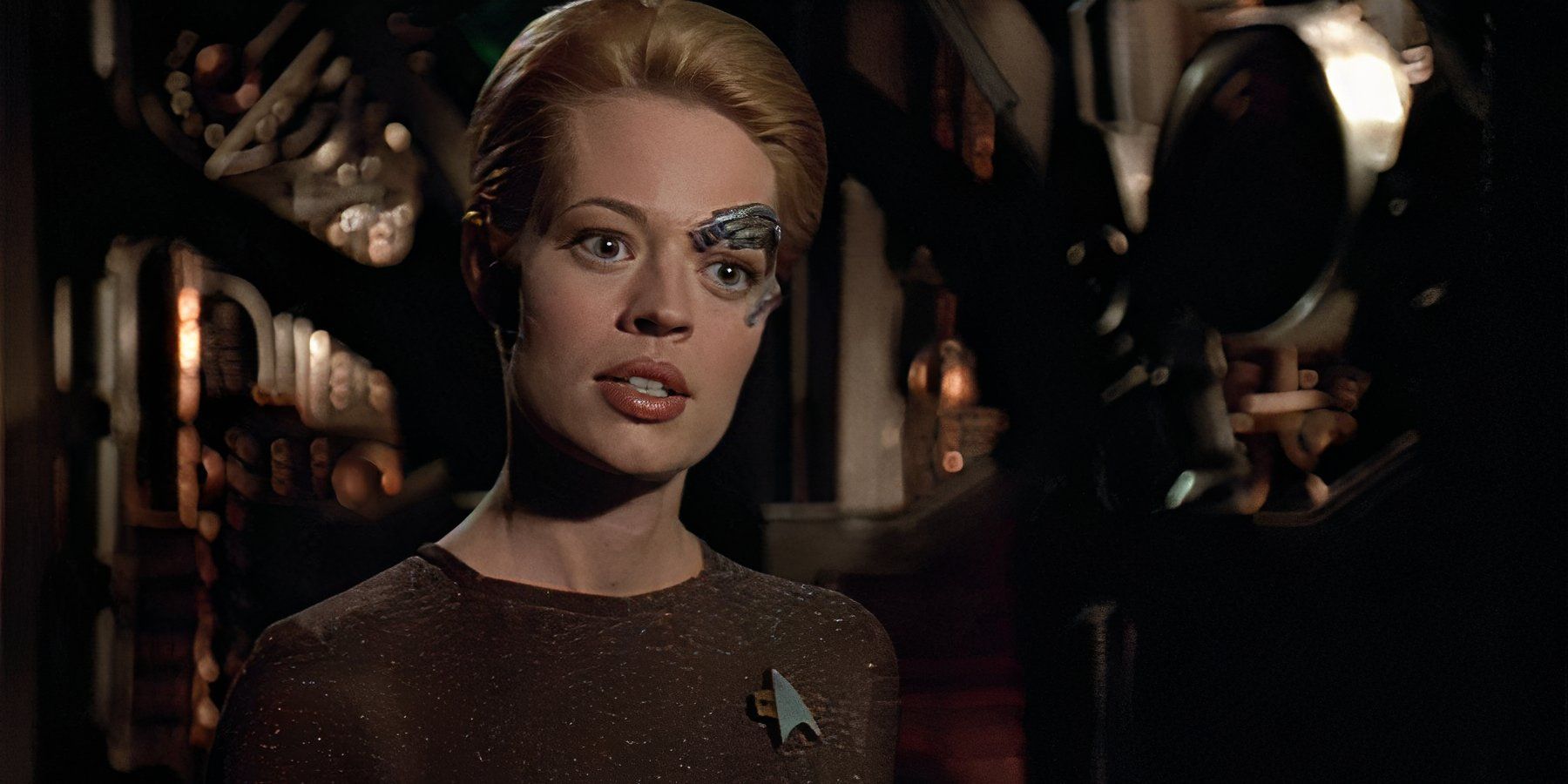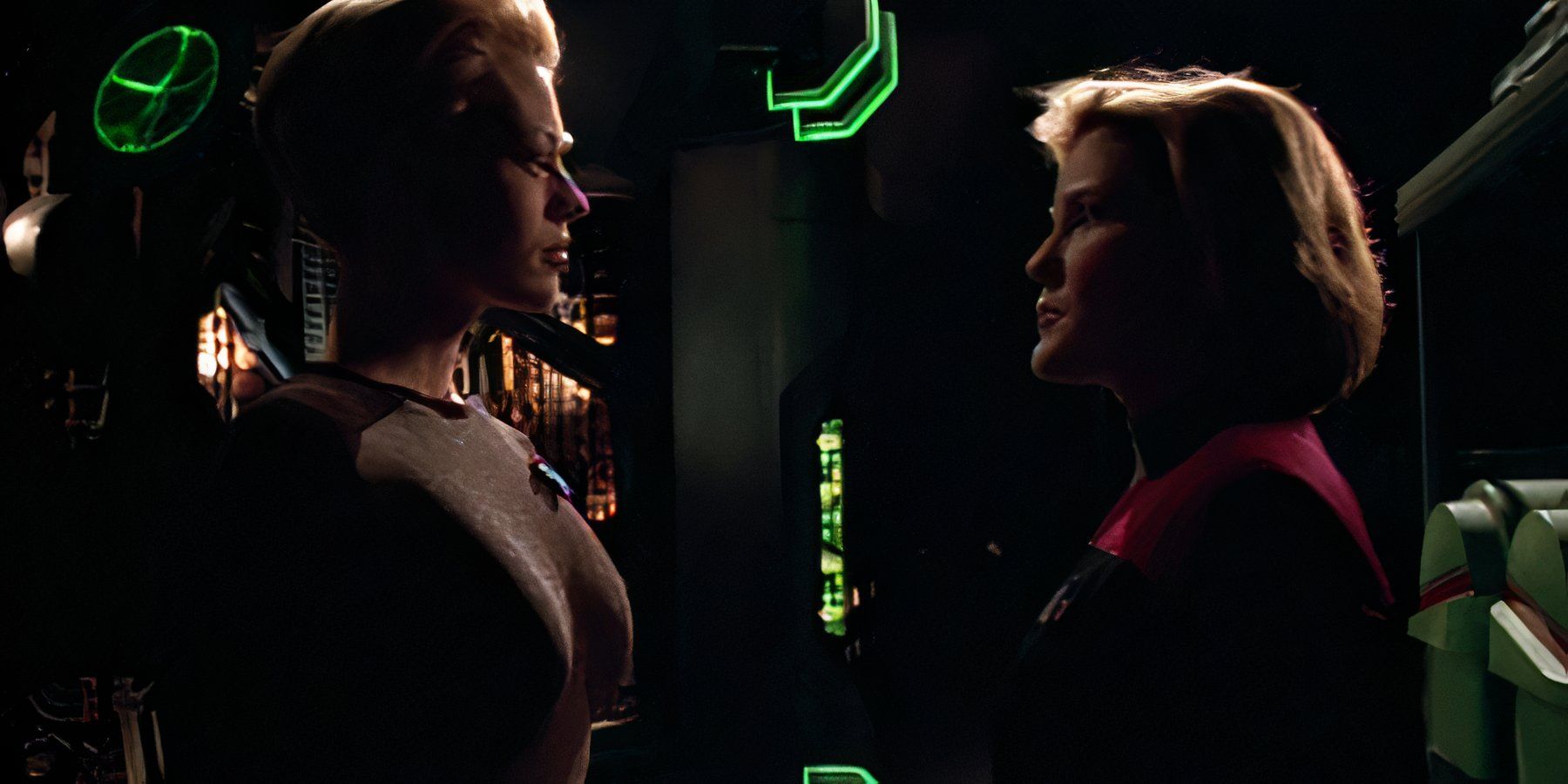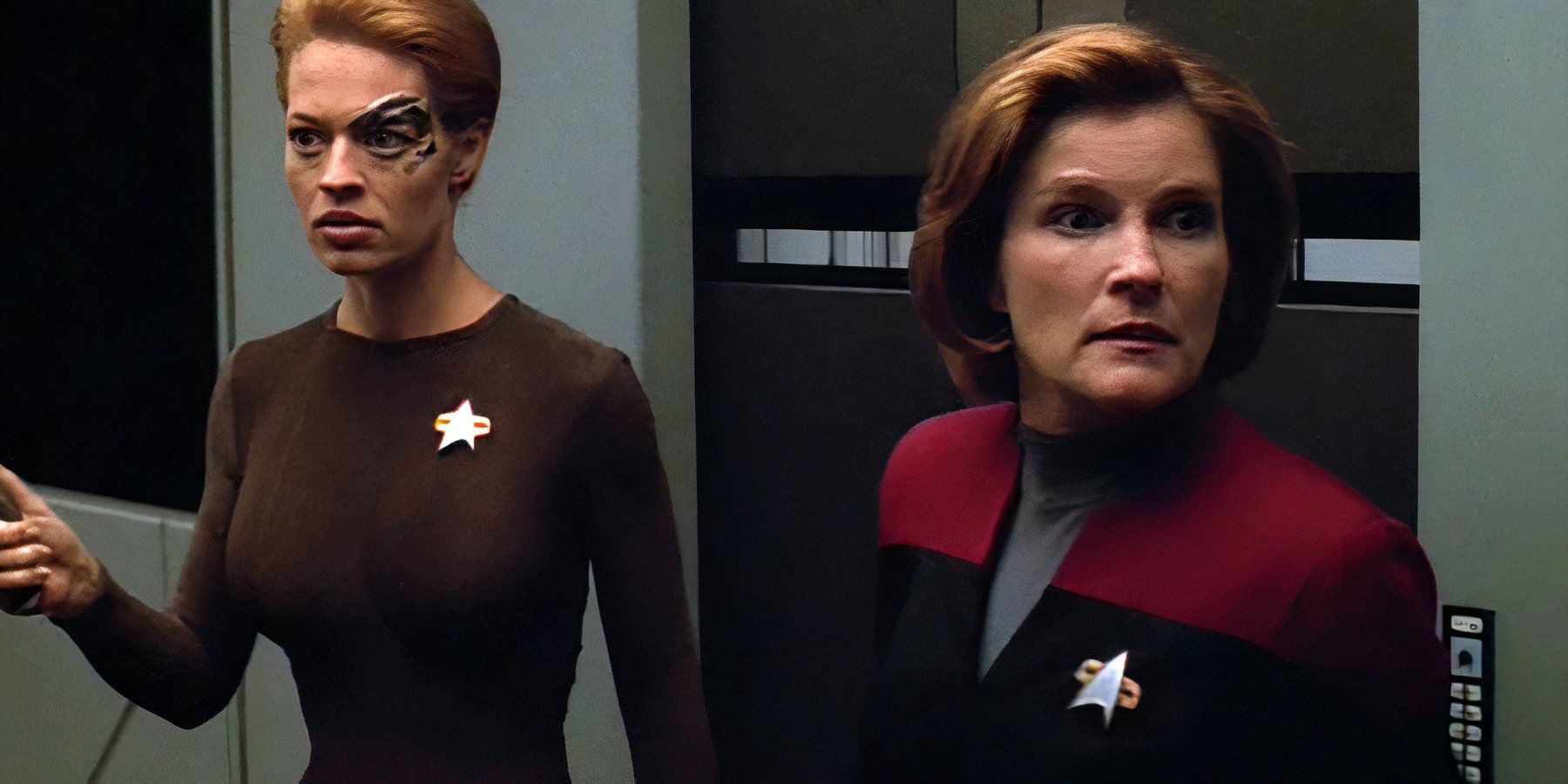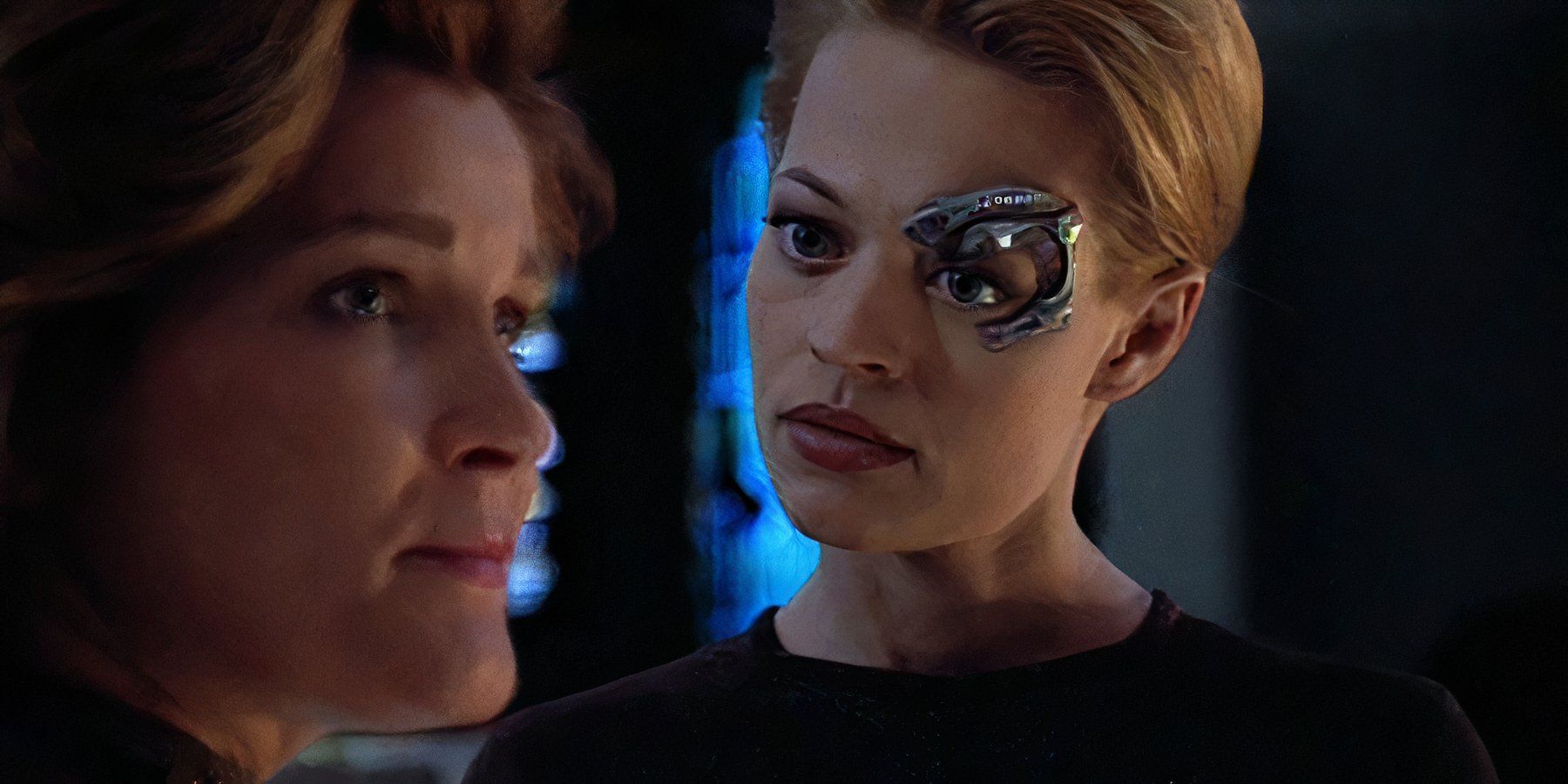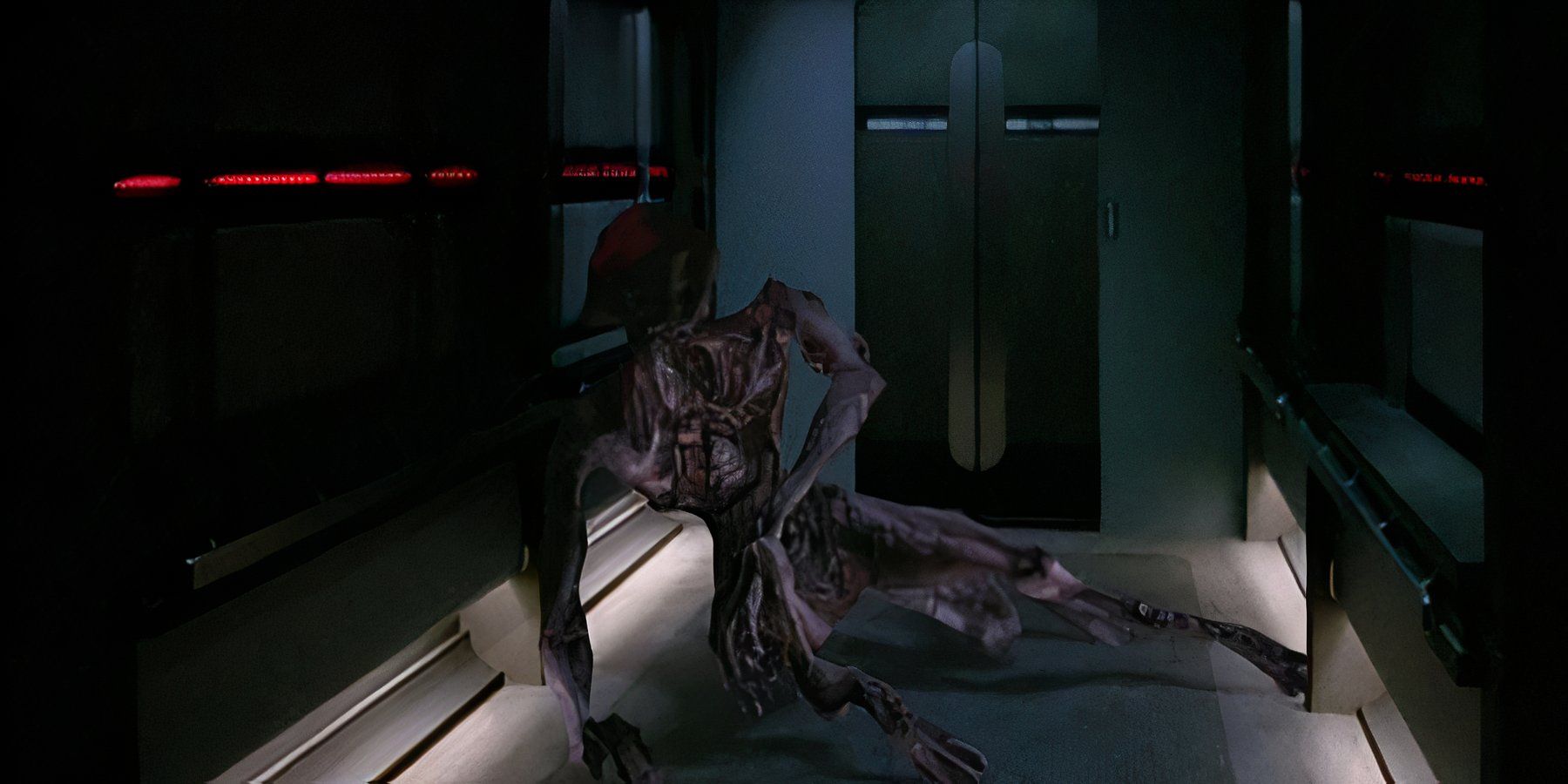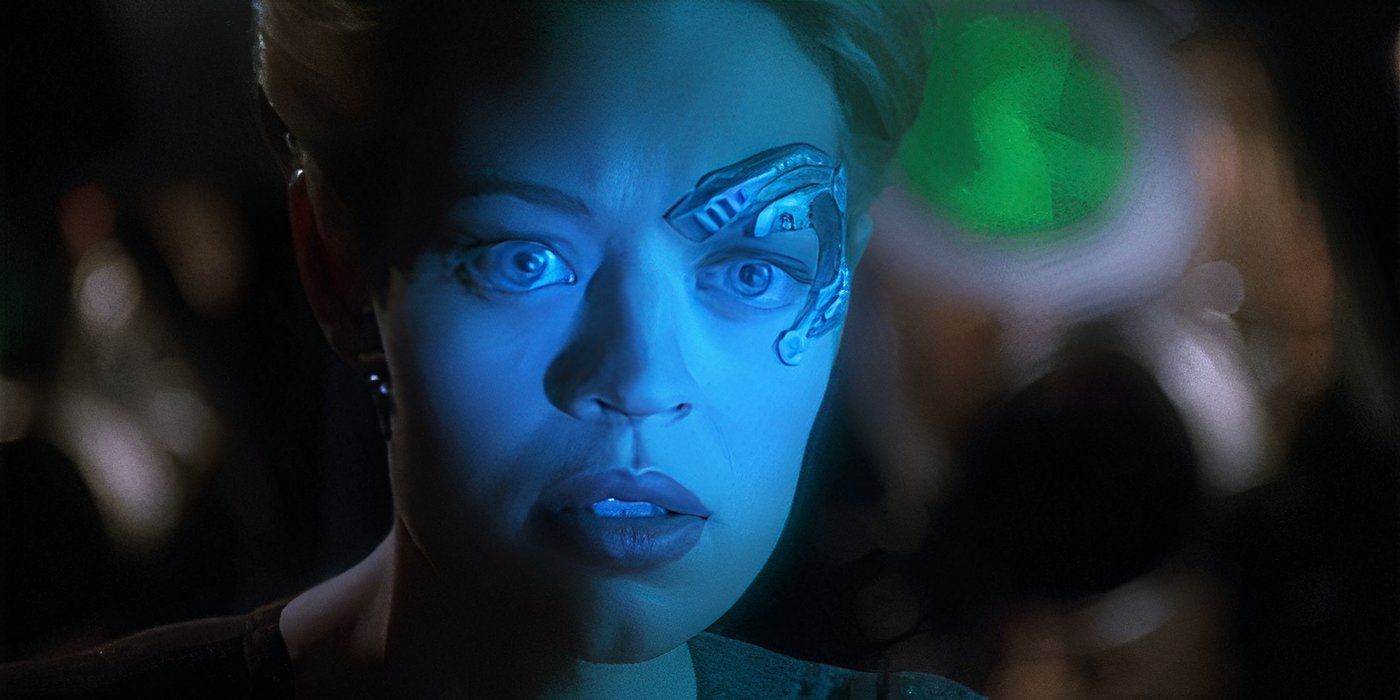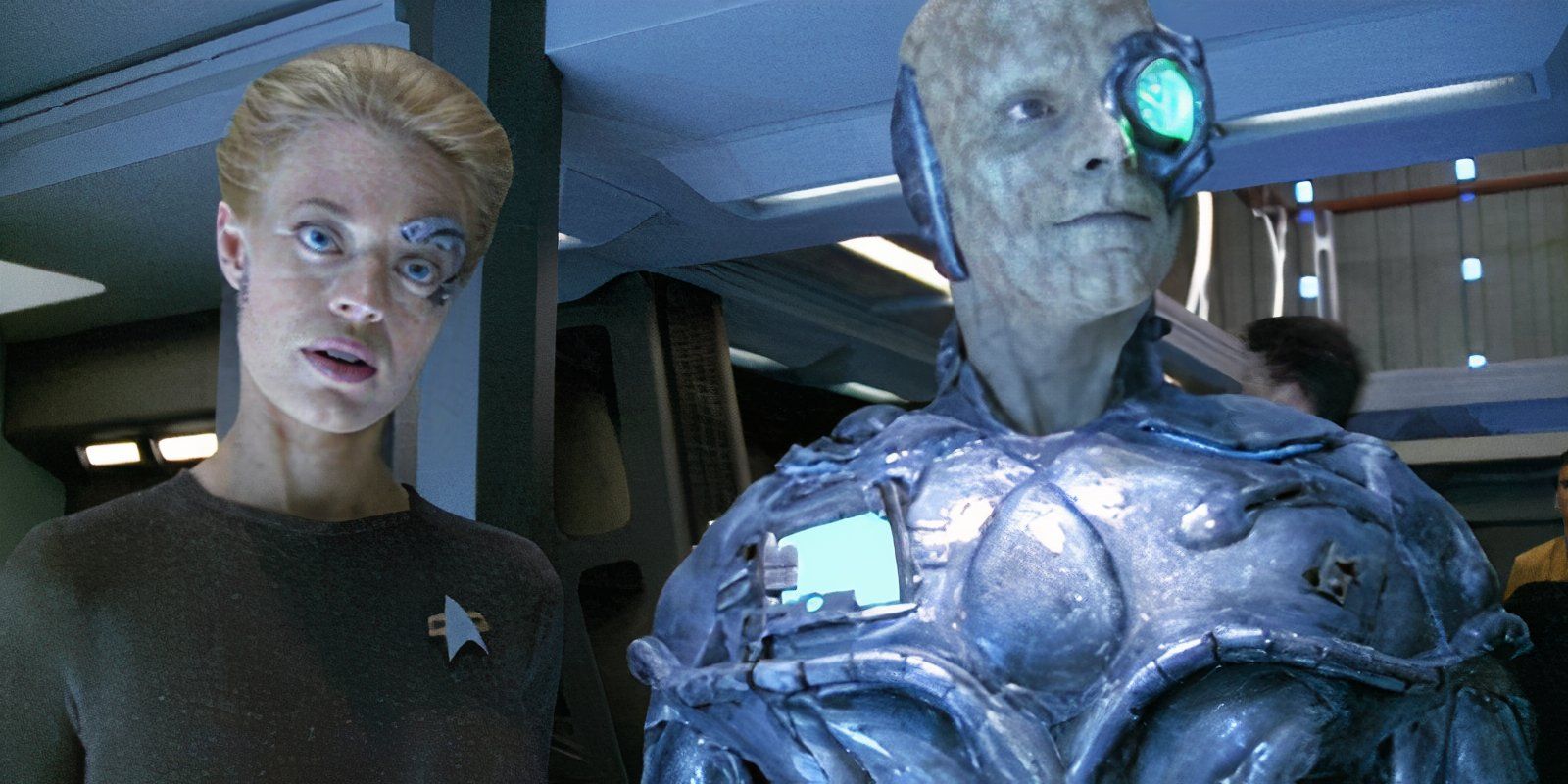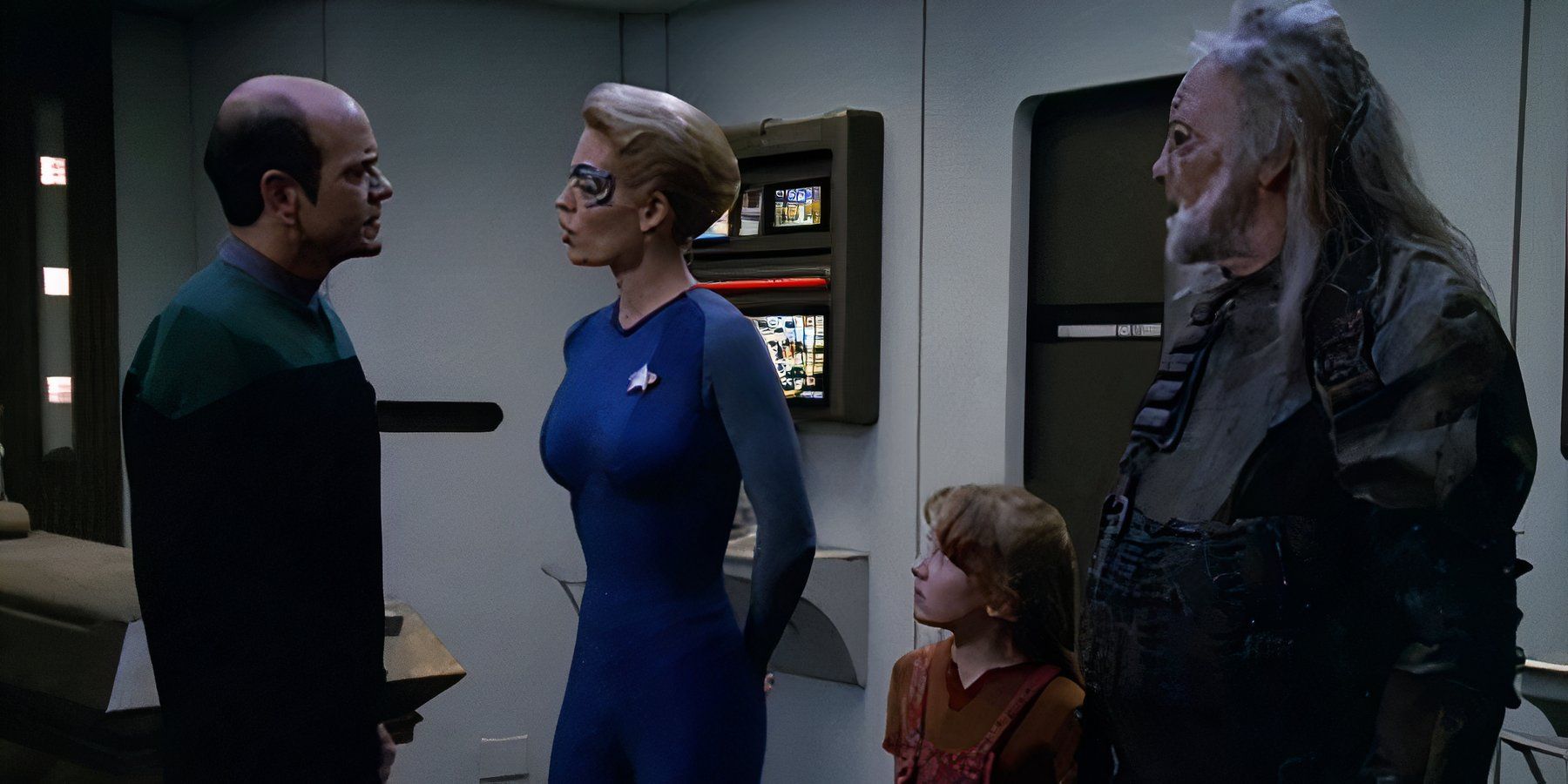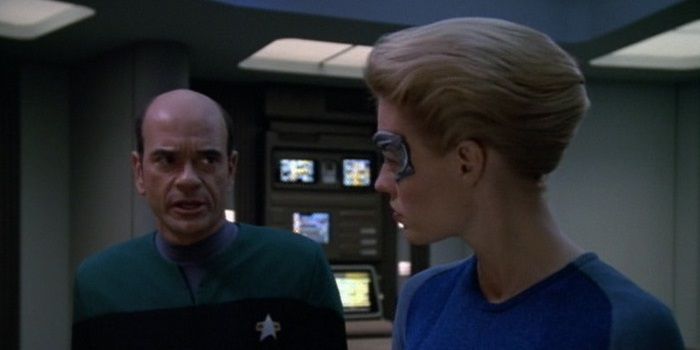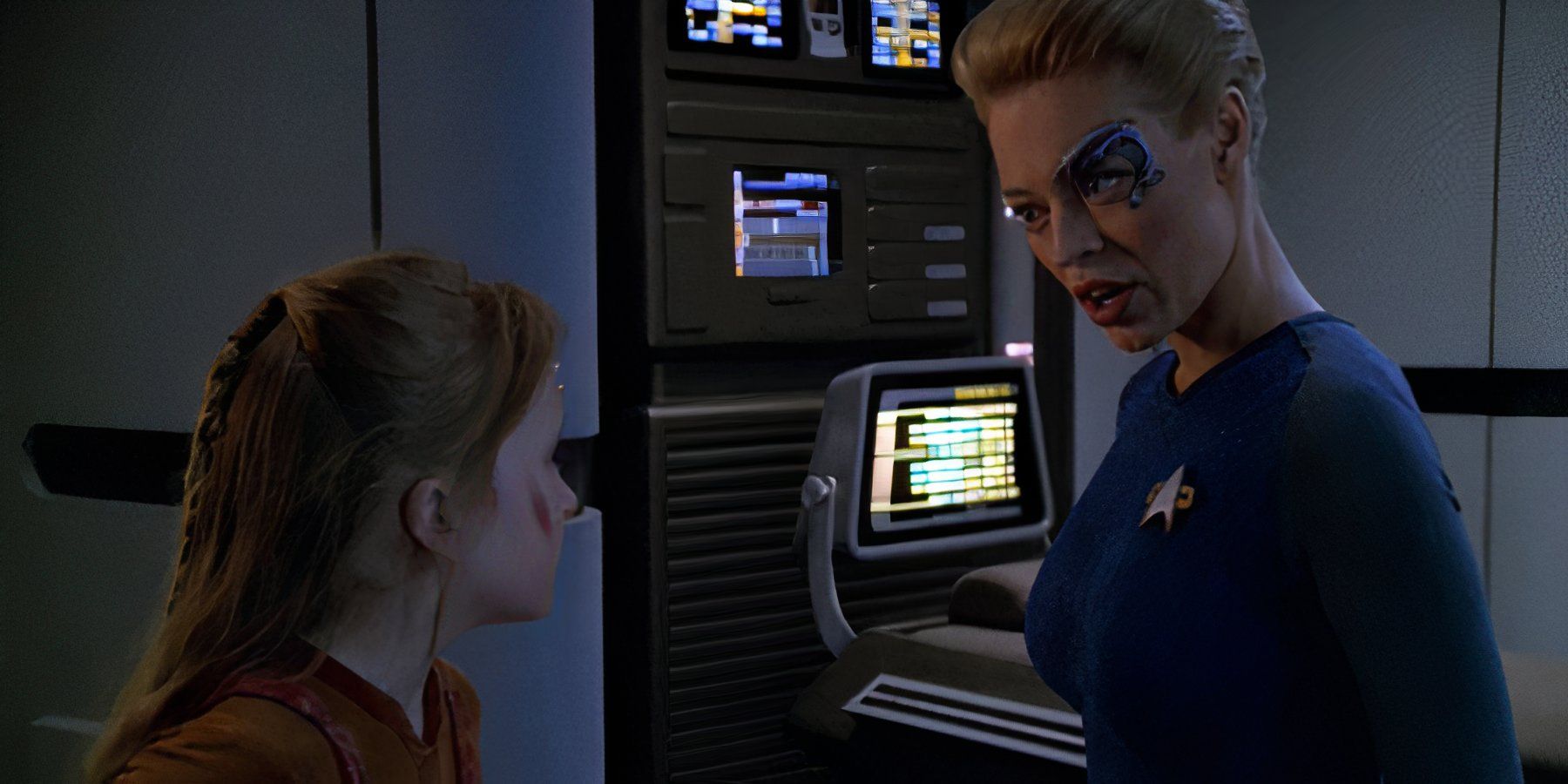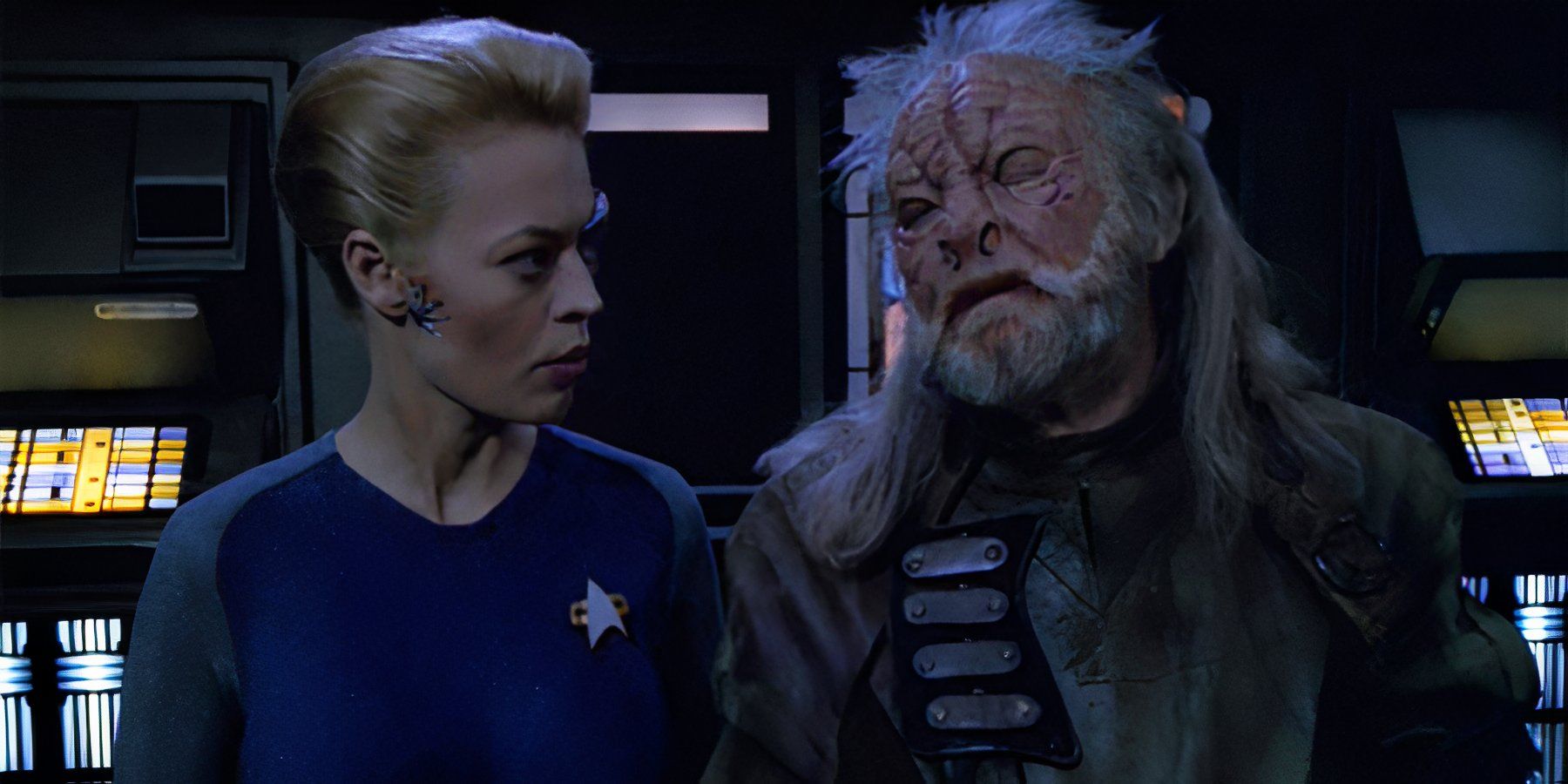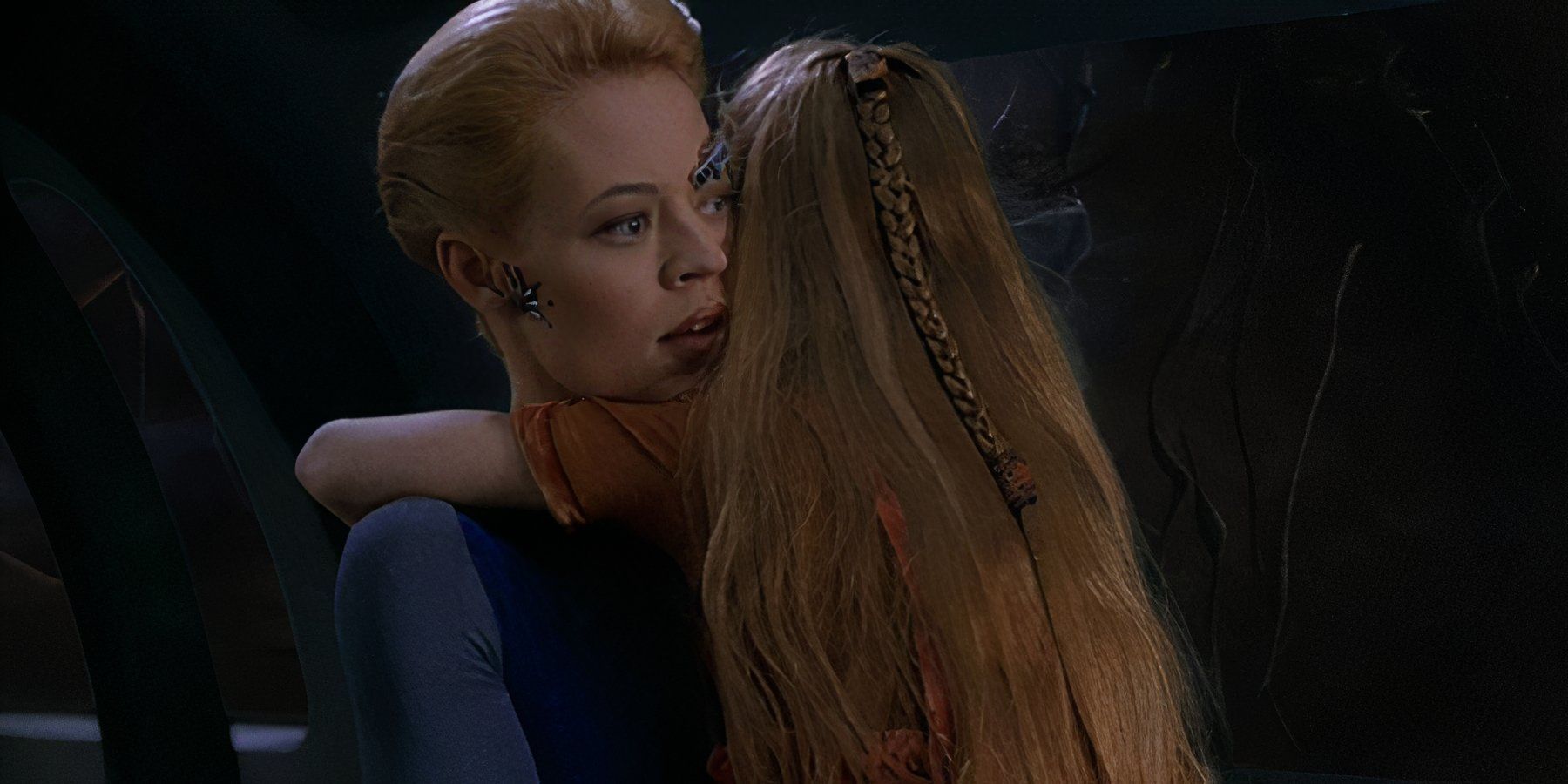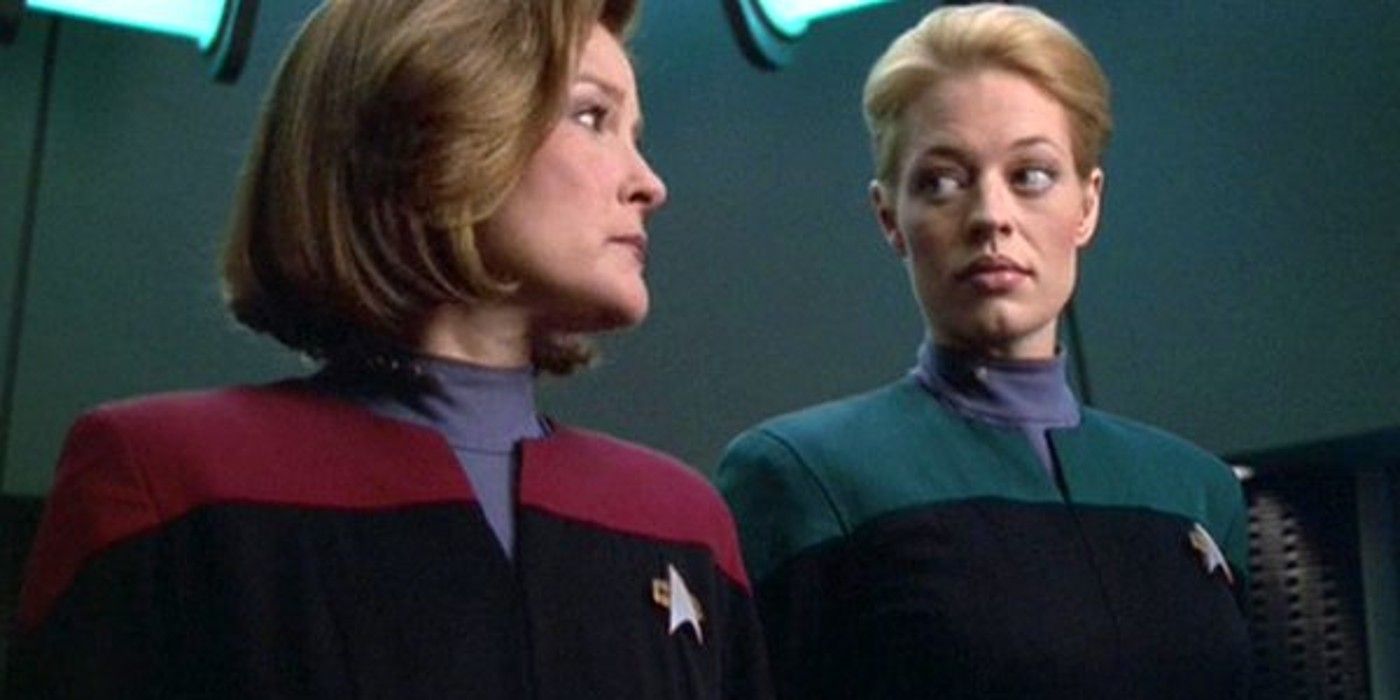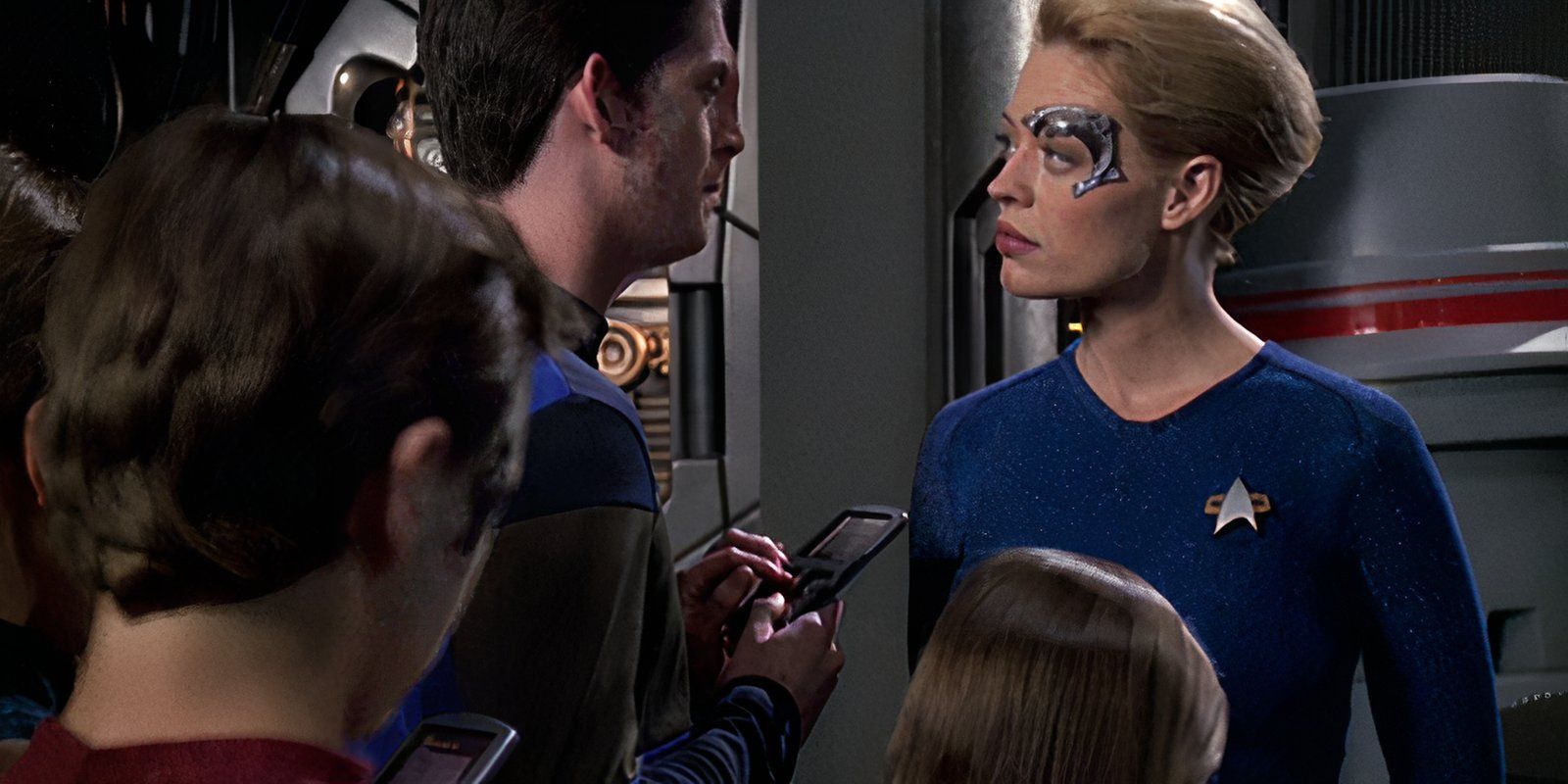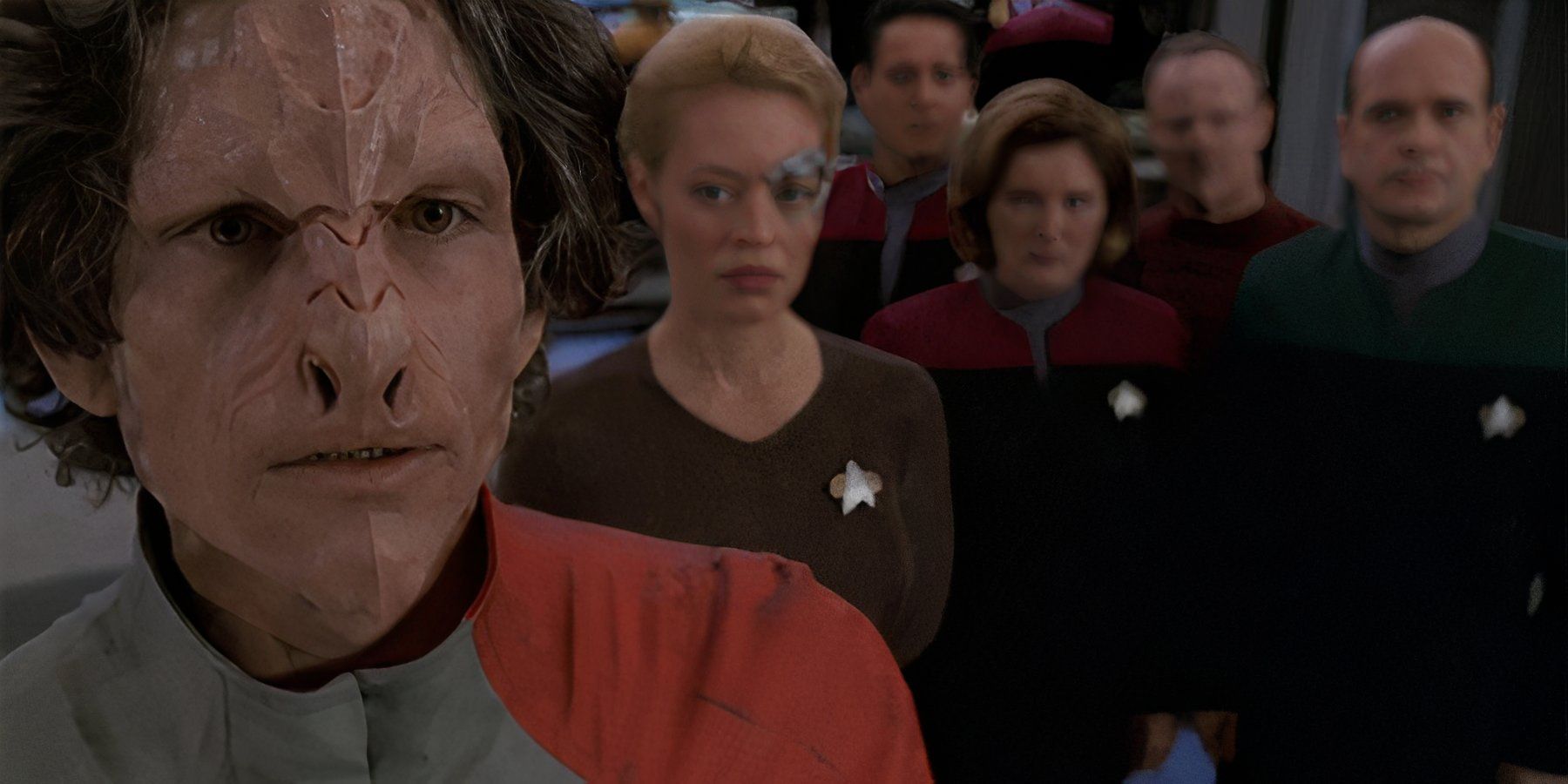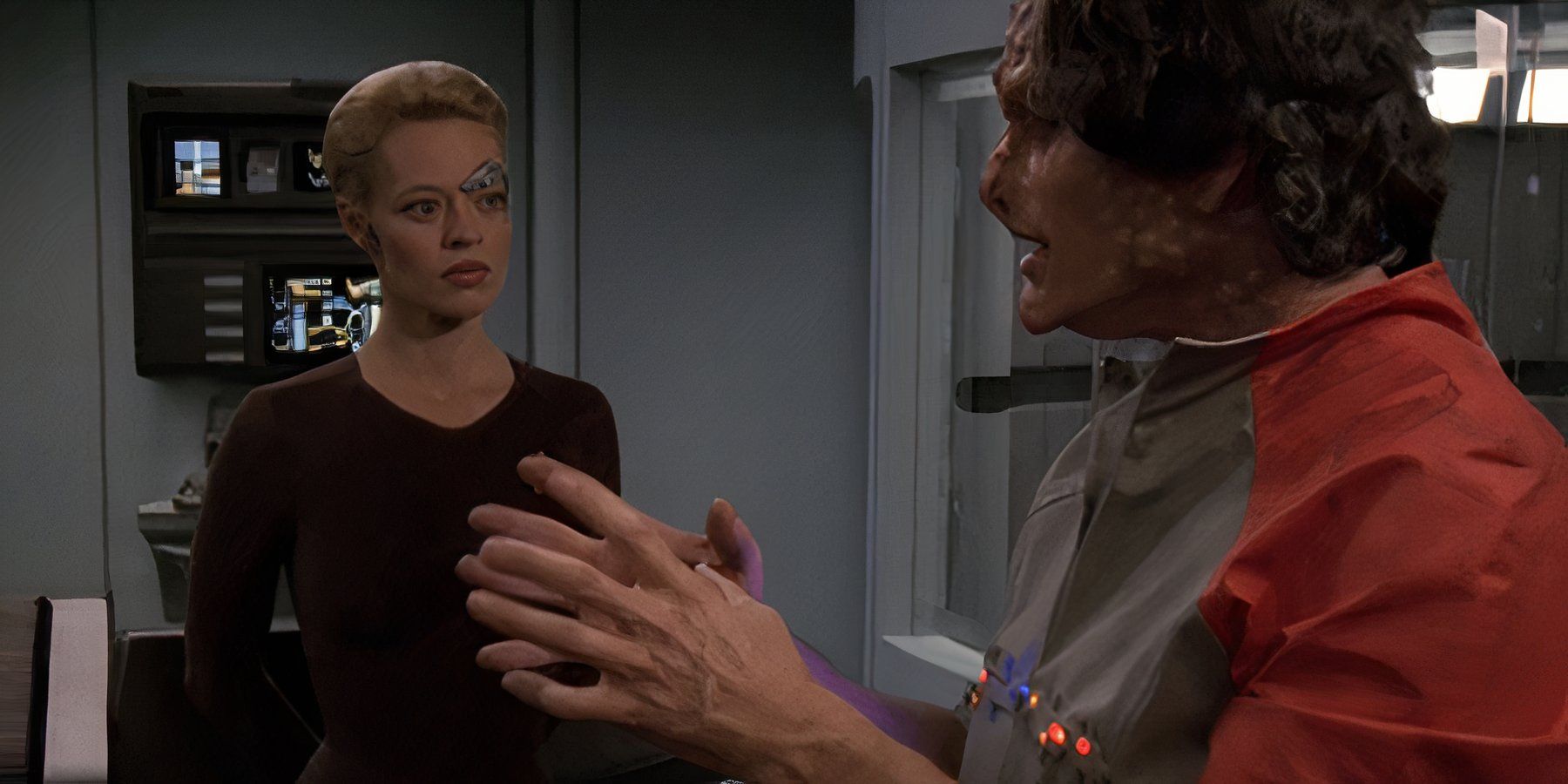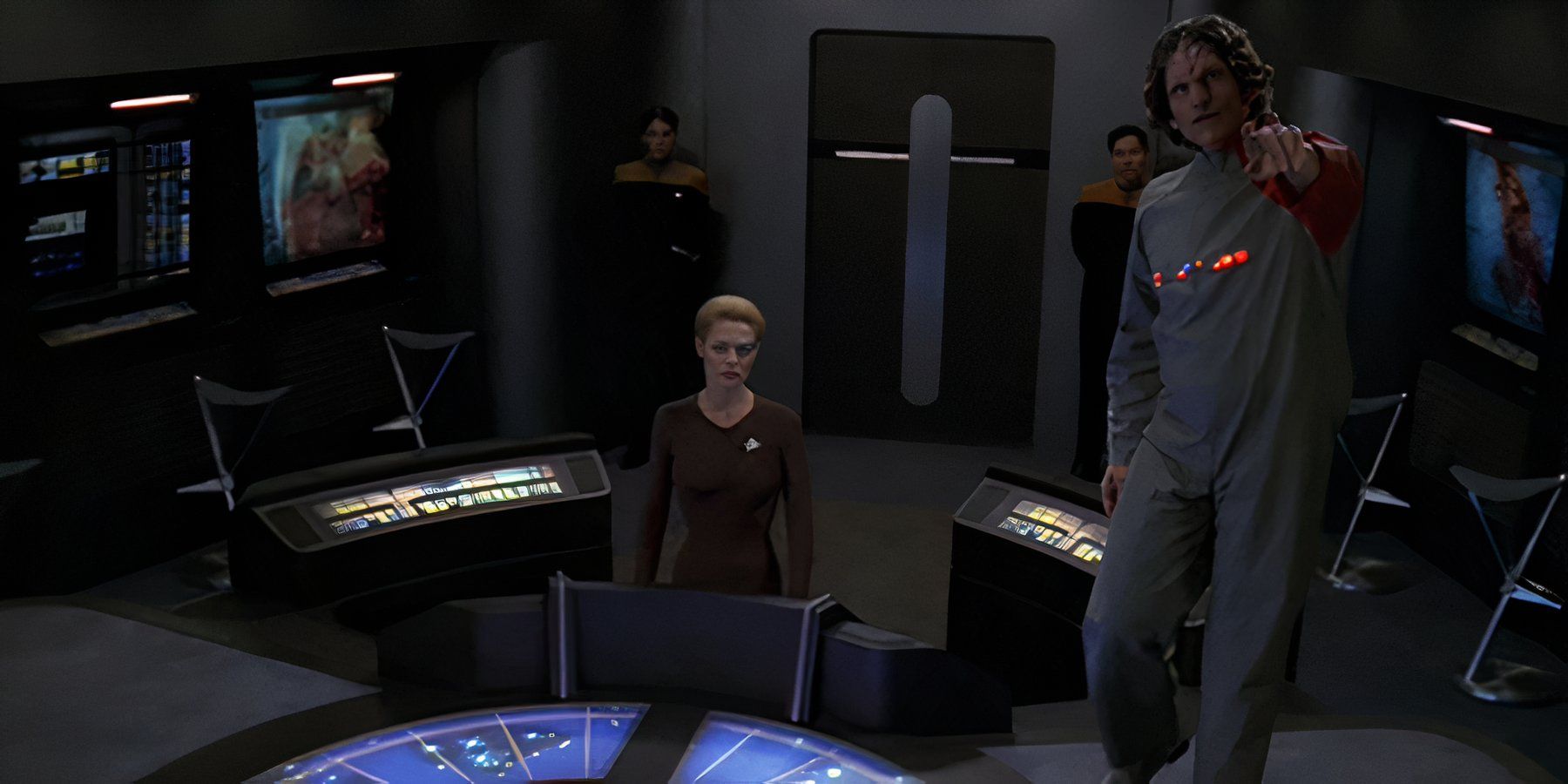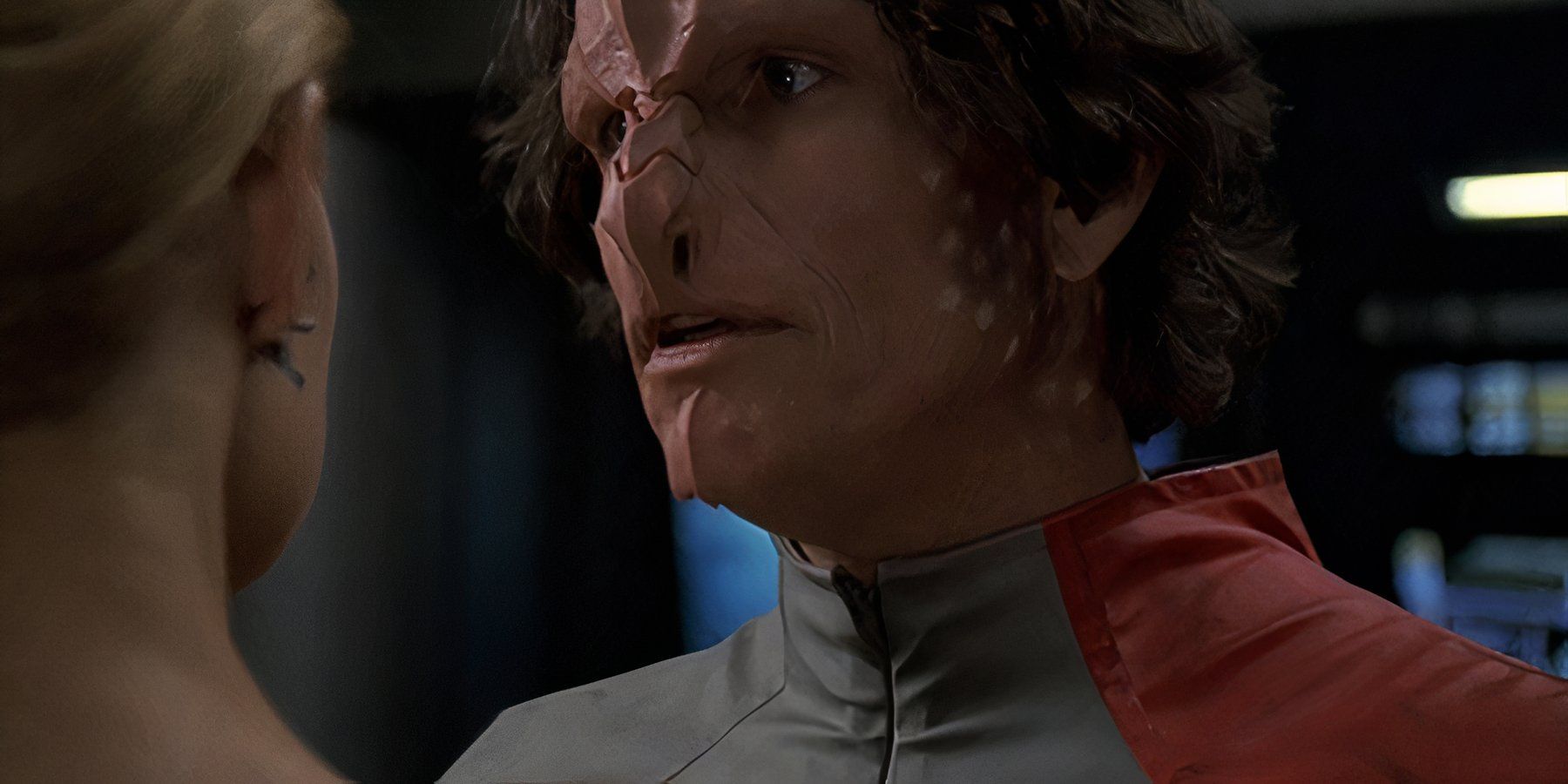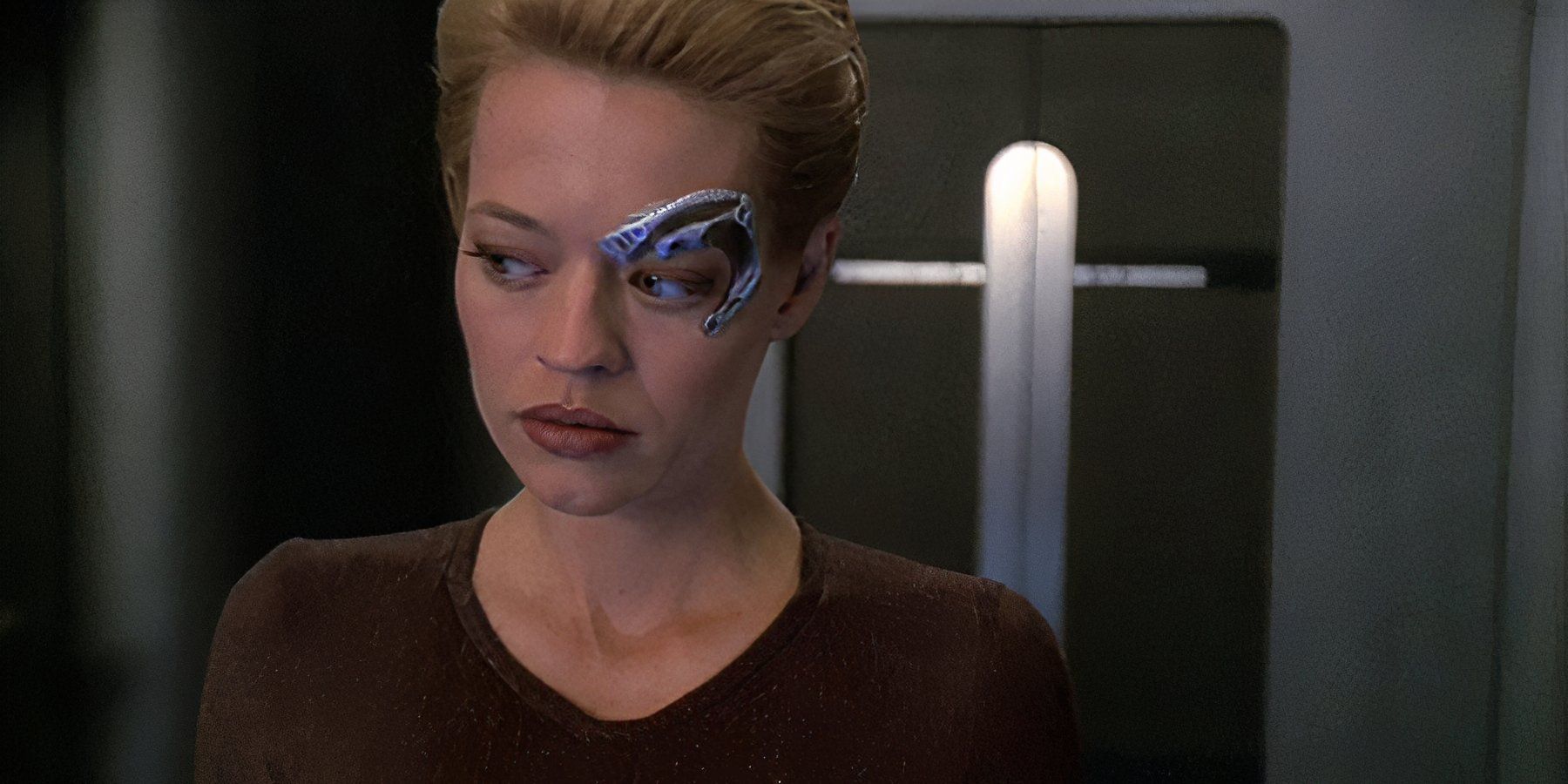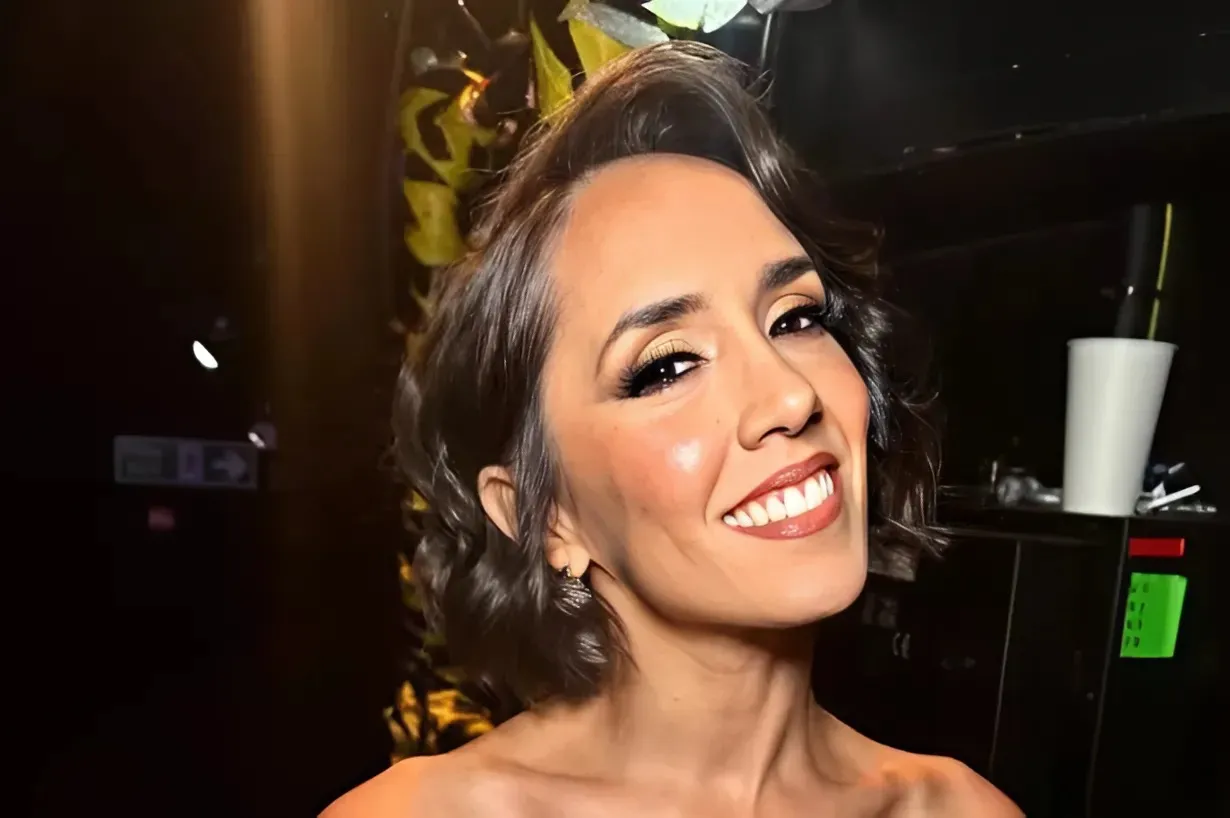Several episodes of Star Trek: Voyager hinted that Seven of Nine (Jeri Ryan) would eventually become a Starfleet Captain. Seven's Starfleet career seemed impossible after her initial application to join Starfleet was rejected, despite being endorsed by Admiral Kathryn Janeway (Kate Mulgrew). After spending nearly two decades as a Fenris Ranger, Seven of Nine earned a field commission of Commander from Admiral Jean-Luc Picard (Patrick Stewart). Seven was quickly promoted for her innovative leadership and incredible valor, and Captain Seven of Nine took command of the newly rechristened USS Enterprise-G at the end of Star Trek: Picard season 3.
Even in Star Trek: Voyager, Seven of Nine shared qualities with Star Trek's best starship captains, which embody the ethos of the Star Trek franchise as a whole. Starfleet captains must first be competent, with excellent communication skills and the ability to manage a crew. Starfleet's goal of exploration is best served by captains with curiosity, courage, and a desire to understand the galaxy. Good captains are compassionate and empathetic, with respect for unique individuals and cultural differences. Star Trek captains exhibit integrity with judgment calls that uphold Federation values, even if their decisions go against orders.
7Star Trek: Voyager Season 4, Episode 16 - "Prey"
Seven of Nine Stands Up For Her Beliefs
Seven of Nine's long journey to becoming Starfleet captain material starts in Star Trek: Voyager season 4, episode 16, "Prey." Just months after Seven's liberation from the Borg Collective, Seven is learning the rules about being an individual and trying to integrate with the USS Voyager crew. Seven of Nine advocates destroying a lone, injured Species 8472 that's loose on Voyager to protect the crew from both it and the Hirogen hunter in pursuit. Captain Janeway, however, disagrees, since Janeway upholds Starfleet's policy of respecting new life forms—even dangerous ones.
Seven of Nine: "You made me into an individual. You encouraged me to stop thinking like a member of the collective to cultivate my independence, my humanity. But when I try to assert that independence, I am punished."
Captain Janeway: "Individuality has its limits. Especially on a starship, where there's a command structure."
Seven of Nine: "I believe that you are punishing me because I don't think the way that you do, because I'm not becoming more like you. You claim to respect my individuality, but in fact, you are frightened by it."
Captain Janeway: "As you were."
Even though Seven's solution is still based on the ongoing war between the Borg Collective and Species 8472, Seven demonstrates her newfound independence. Janeway understands that solutions are rarely as simple or efficient as Seven would like them to be, and there is much more at stake. In this case, Janeway's compassion supersedes the policy of protecting the crew at all costs—just as it did when Seven came aboard. Seven of Nine may be wrong, but Seven stands her ground and shows integrity in her own beliefs, which is an important quality for a Starfleet captain.
6Star Trek: Voyager Season 4, Episode 21 - "The Omega Directive"
The Omega Directive Is Seven Of Nine's Kobayashi Maru
"The Omega Directive" is an interesting reversal of the conflict between Janeway and Seven in "Prey". It's Janeway's turn to follow a directive while Seven of Nine demonstrates curiosity about the universe, and the fabled molecule in particular.
"The Omega Directive" presents Seven of Nine with a no-win situation like Starfleet's famous Kobayashi Maru test. Asking Seven of Nine to choose between stabilizing the Omega molecule or avoiding the destruction of subspace is a lot like asking cadets to choose between saving Federation citizens or avoiding war with the Romulans. Like cadets taking the test, Seven of Nine learns that sacrifices must sometimes be made to make difficult command decisions. It's a heartbreaking lesson that every candidate for the Captain's chair must eventually realize.
